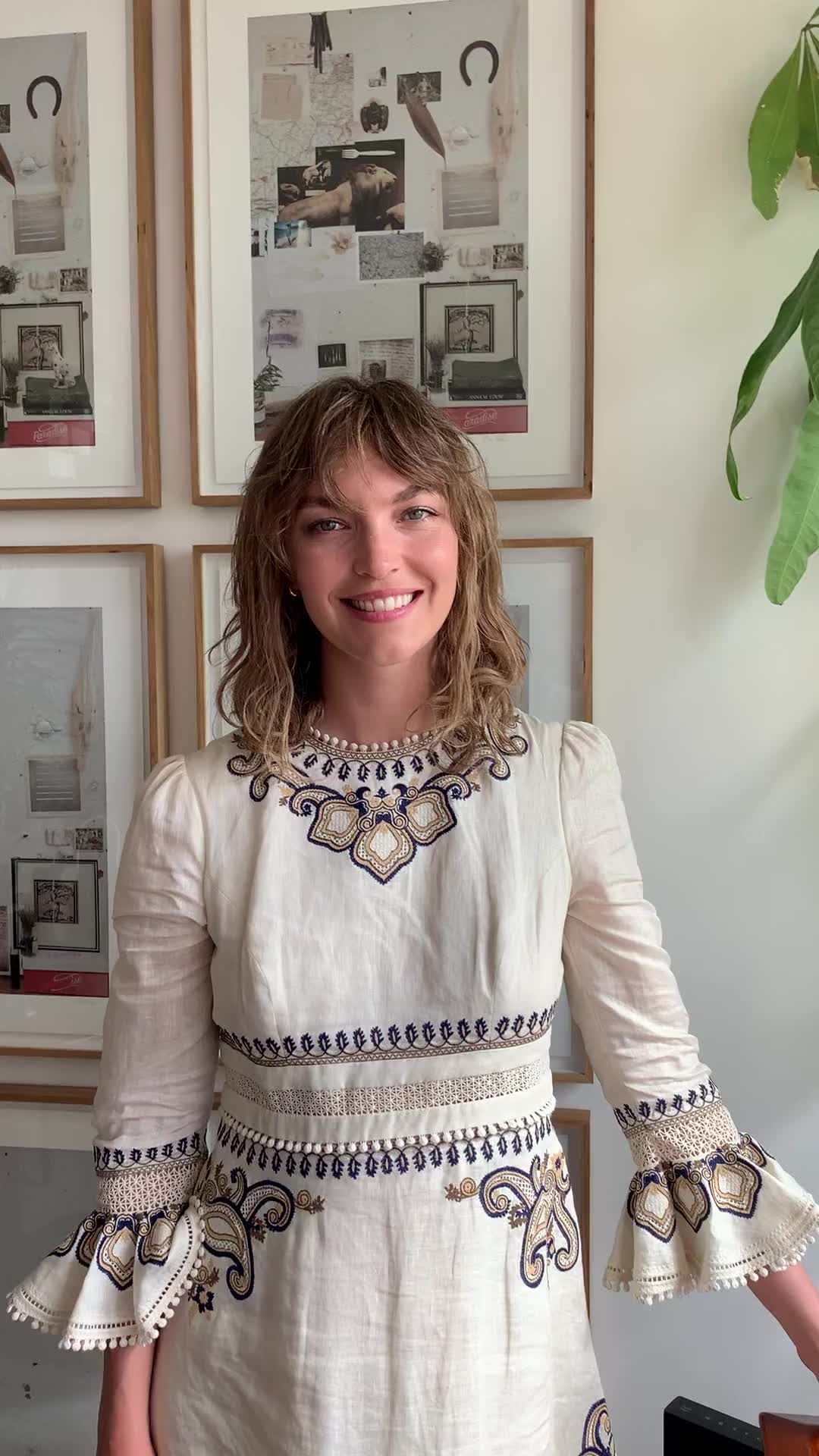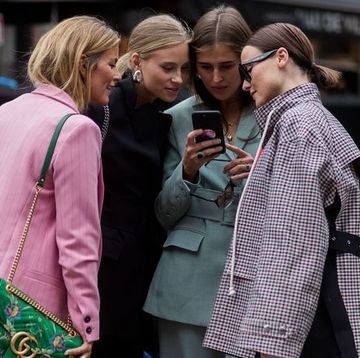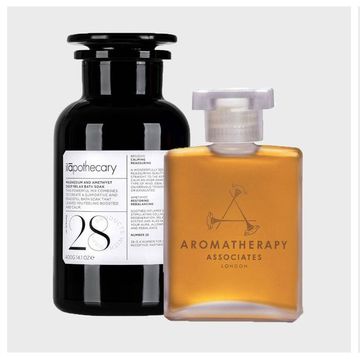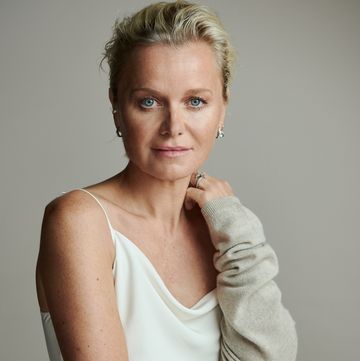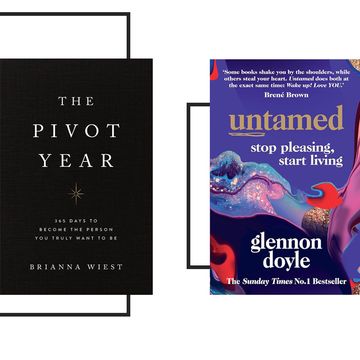As Earth Month ends, it’s a good time to reflect on our relationship with sustainability and implement any changes that can positively impact our future. A leading voice in good practice for fashion and beauty is Arizona Muse, the American model, sustainability activist and founder of charity DIRT, who shares available solutions to help counteract the climate crisis we’re collectively in. Currently, she’s raising awareness around soil health to fight climate change by supporting regenerative organic agriculture. Why? Because “soil is where it all starts”, she tells us.
“Soil health is really the foundation for everything; for our fashion, beauty, food, and everything that we use in our buildings. These things feel really distant from farms but they’re actually not, we grow all of these materials in soil. And so, the work that I do is focused on how we can support soil regeneration as a climate solution and help our farmers to grow things without chemicals.” This, she says, is where we have the power to regenerate. “Whereas when we look at packaging, yes, we need to replace packaging materials that are bad for the earth, but still we're not going to be able to regenerate anything with packaging materials in the same way that we're going to be able to regenerate the earth through our growing methods producing the ingredients.” Which is why it's a really useful place to focus our energy.
Muse has partnered with Davines, the B Corp-certified sustainable haircare brand leading the shift towards regenerative organic agriculture in beauty, to amplify her message. Alongside Davide Bollati, the chairman and founder of Davines, she speaks to Harper’s Bazaar about the big soil problem – and the solutions – as well as how we, as consumers, can make informed choices to support sustainable practices with our product habits.
The problem with our soil
Today's “massive problem” when it comes to soil has arisen due to conventional methods of agriculture, Muse explains. “Right now, we spray copious amounts of four types of chemicals. One is fertilisers, which although sound like plant food, is really bad for soil. Then we spray herbicides, killing plants; pesticides, killing insects; and fungicides, killing all the mycelial networks and all the fruiting mushroom bodies underground and above ground.” These are terrible impacts resulting from agriculture, she feels.
“Not many people know that agriculture today, unfortunately, is as polluting as other industries through the use of chemicals,” Bollati adds. And, ultimately, “soil can impact the quality of the raw material” which – in beauty product terms, means inferior ingredients going into formulas. Given that certified organic farming means that you can reap up to 60 per cent more antioxidants, according to a study published by Cambridge University Press, soil quality can directly determine product quality.
The solution for our soil
The solution, they feel, is regenerative organic agriculture. “We've only been farming in this intensive way with chemicals for the last kind of 40-to-70 years,” Muse says. “Before that, nobody used chemicals and it was all fine – we all had plenty of growth.” When often confronted with the idea that ‘you wouldn't be able to feed the world if you didn't use chemicals’, she explains that’s misguided. “Obviously, I want to be able to feed the world! Regenerative agriculture has a very, very high production. But when you talk about the word ‘yield’, it can be confusing, because when you're looking at yield of, say, one massive cornfield that's being farmed with chemicals – it will have a very high yield. And if you farmed that amount of land with only corn in a regenerative way, you would probably have a lower yield. But you'd never do this in regenerative agriculture; you would use that amount of space for many different pockets of growth, harvesting maybe 120 crops over the year from that one piece of big land – so you'd have a better bounty which is more resilient to climate throughout the year.” We simply can't use the same metric system when thinking about regenerative agriculture, she explains. “It may appear that regenerative methods won't work, but when you don't use a paradigm that is really toxic – which is the metric system that conventional agricultural is using – and you measure through different value systems like ‘Okay, so, do I want to eat corn all year? No. Do I want to eat a bounty of 120 vegetables with different kinds of animal products as well? Yes!’, that's a much healthier lifestyle.” It's thinking about agriculture through a new window which honours the practices of our indigenous ancestors.
To understand the concept of regenerative organic agriculture in a nutshell, Muse suggests posing a question: “How can we work with this land and care for this land in a way that its health improves, while we are able to harvest a richly nutritious crop, whether that be in food, or in fibre, or in ingredients for beauty products?”
The problem with sustainable beauty
Well, problems are myriad (there’s still much to do on packaging, for example), but from an ingredients point of view, the dominant issue is that many beauty product formulas feature petrol derivatives. The ideal is forgoing this without reducing the performance of a formula – but that’s also the difficulty of it, Bollati notes. “If you want to abandon petrochemicals, you go to the bathroom of nature, and through regenerative organic agriculture.” But the growth is not the only challenge, there’s the extraction of the actives, too. “Extraction technologies can be very unsustainable, which is another important part to consider if you want to achieve a more sustainable supply chain.”
As a brand, Bollati admits that “everything we do has an impact” – but, the point is, as a ‘sustainable’ one, can it still grow and reduce its co2 emissions at the same time? This is called ‘decoupling’, he says. “Yes, we can decouple. I think if you have the ambition of growing your company in every single sector, not only on beauty, if you're not able to decouple you shouldn't obtain the right to grow.”
While brands navigate that, consumers are constantly battling with transparency from brands to inform their alliances. Despite new EU laws being implemented to avoid it, greenwashing is still a problem – something that Muse has a simple tool to help with.
The solution for sustainable beauty
When it comes to identifying greenwashing, Muse says to question if a business or organisation is talking about what they’ve already achieved, or about future wins only. “If they're congratulating themselves for ‘increasing the ambition of our targets’ then they haven't done it yet. They may do it one day, but they may not reach it.” This simple framework can highlight woolly marketing claims, Muse says: “It helps the consumer see what they should be buying now, and what they should be – potentially! – in 2050”.
Obviously, with sustainability in beauty “you don't find you don't find one solution that solves everything,” Bollati notes, but something Muse thinks is important for shoppers to adopt is an attitude of willingness when it comes to products.
“Often someone who's new to sustainable products will try one which may feel and work different to what they're used to. Maybe they didn't even read the instructions or use it properly – and then they go, ‘Oh, it doesn't work well. I don't like sustainable things; as I thought, they don't work.’ These blanket statements can stunt the growth of the sustainability movement,” she observes. The fact is, when shopping sustainability, you will need to use products differently. “But that's great. We need to up-skill ourselves!” And what if they work a little less well? “I don't want the thing that works so well. Like, for instance, sequins work very, very well to make you look sparkly and shiny and glamorous. But now I don't like them because I know what where they came from and what harm they cause.” We can change our own desires through education, she believes. “I'm a living, walking, breathing example of this.”
So, what are Muse’s go-tos for her sustainable beauty routine? “I love the trend toward solids, so not needing package at all. A solid bar can come with just one little leaf of paper around it, it's really incredible.” (She beams about the Davines We Stand For Regeneration Hair & Body Wash Bar in particular.) “I love pure ingredients for my face, like rosehip oil which is really wonderful for skin.” (Her favourite is by Fushi, a brand “which harness a lot of biodynamic ingredients”.)
“I love to know a lot about the businesses from which I source beauty products,” she says. “I want to know that they're doing everything they can in all the categories, from packaging and ingredient sourcing to their communication” – including engaging influencers (like her) “who can tell beautiful stories” about sustainability, changing people’s perception of it. “Because we can – we can change our mindset. It's just that.”


